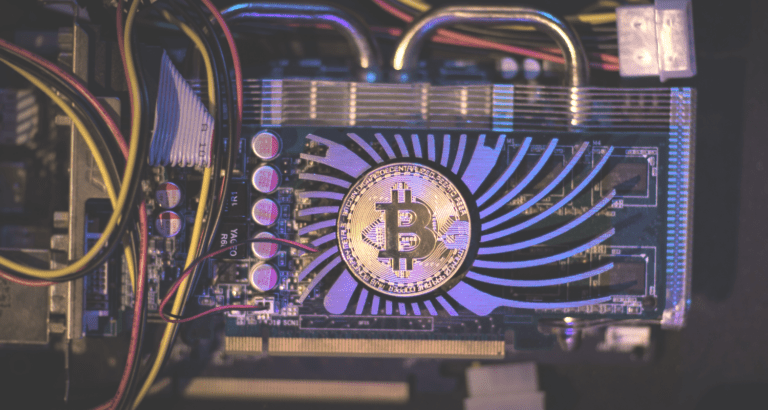The G20 wants to establish common ground for cryptocurrency regulation. More and more governments seek ways to oversee the growing market.
Ajay Seth, economy secretary at India’s ministry of finance, disclosed the intention in a statement. India is currently president of the G20, an international alliance of nineteen countries and the European Union.
The G20 was formed in 1999 in response to macroeconomic crises. The purpose of the alliance is to discuss international financial issues. Cryptocurrency is high on the agenda.
Regulation was one of the talking points at a recent G20 meeting in Bengaluru, India. Seth stated that the regulation of cryptocurrency “should flow from the policy view taken” by the G20.
Governments and cryptocurrency
The topic is in its infancy worldwide. Historically, central banks oversee the supply of coins and bills, but cryptocurrencies are printed with bits, bytes and algorithms. Blockchains track transactions instead of tax authorities.
Regulation is possible, but cryptocurrencies generally offer more privacy than traditional currencies. You can avoid the taxman by hiding bills under a bed, but from the moment you store bills at a bank, you’re on the radar. Cryptocurrencies can be spent without a bank. As long as you don’t exchange your tokens, no one needs to know how you spend them.
Common ground
More and more governments see cryptocurrency as a risk. FTX, one of the world’s largest (former) cryptocurrency exchanges, recently went bankrupt after a fraud scandal. The market is big enough to affect the global economy.
Governments want more insight. By establishing common ground, the G20 hopes to guide regulation worldwide. This does not mean that cryptocurrencies will be controlled internationally overnight. It does mean that governments are likely to collaborate more frequently on regulation over time.
